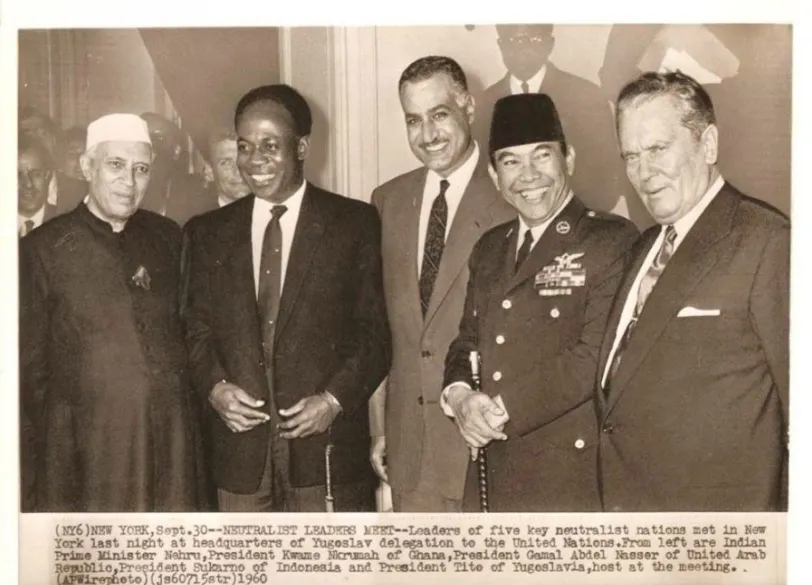Cold War
“Improve the Quality of Life of the Majority of Its People”: Integrating Indigenous Perspectives in the Teaching of Guatemala and the Cold War
Discussion of how to integrate Indigenous experiences into teaching the Cold War
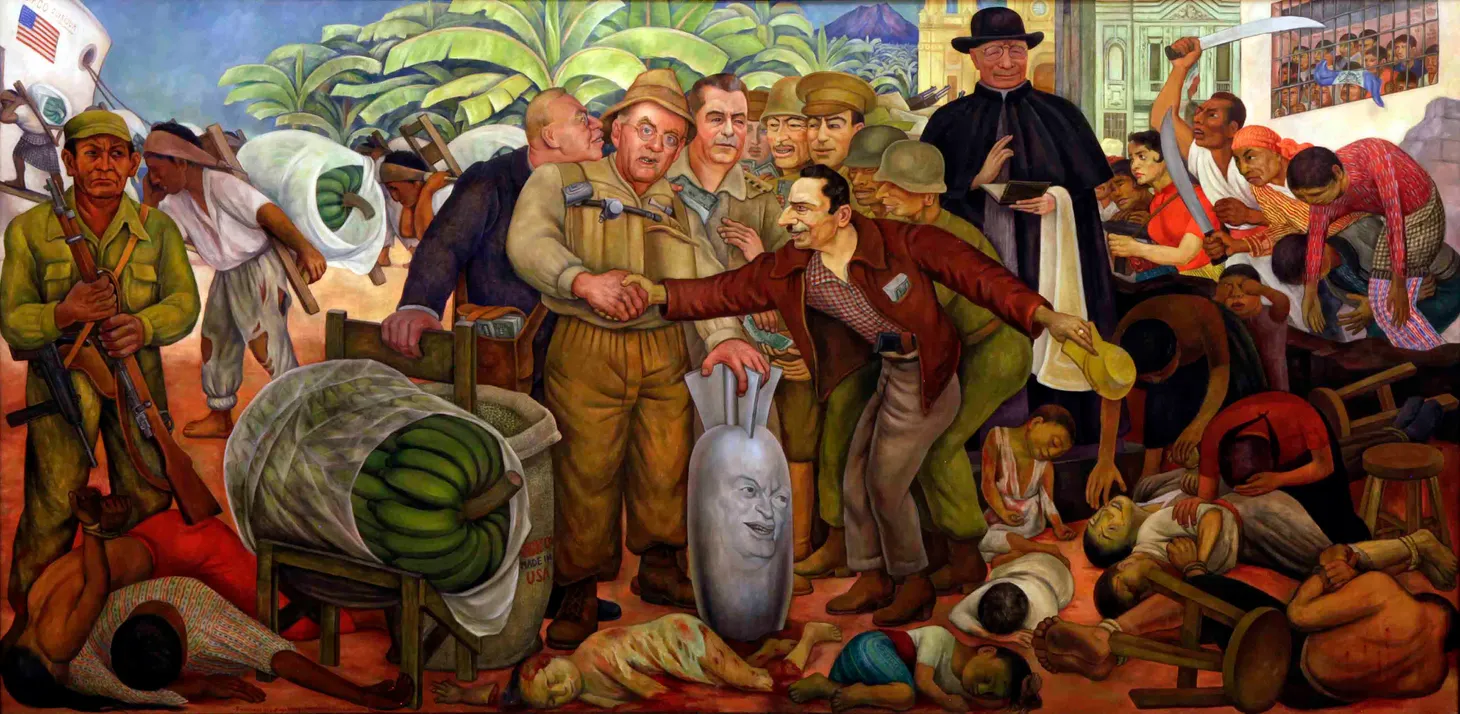
“Because of Him We Have Many Things”: Two Fun Commercials for Teaching the End of the Cold War
Discussion of two commercials related to the Cold War
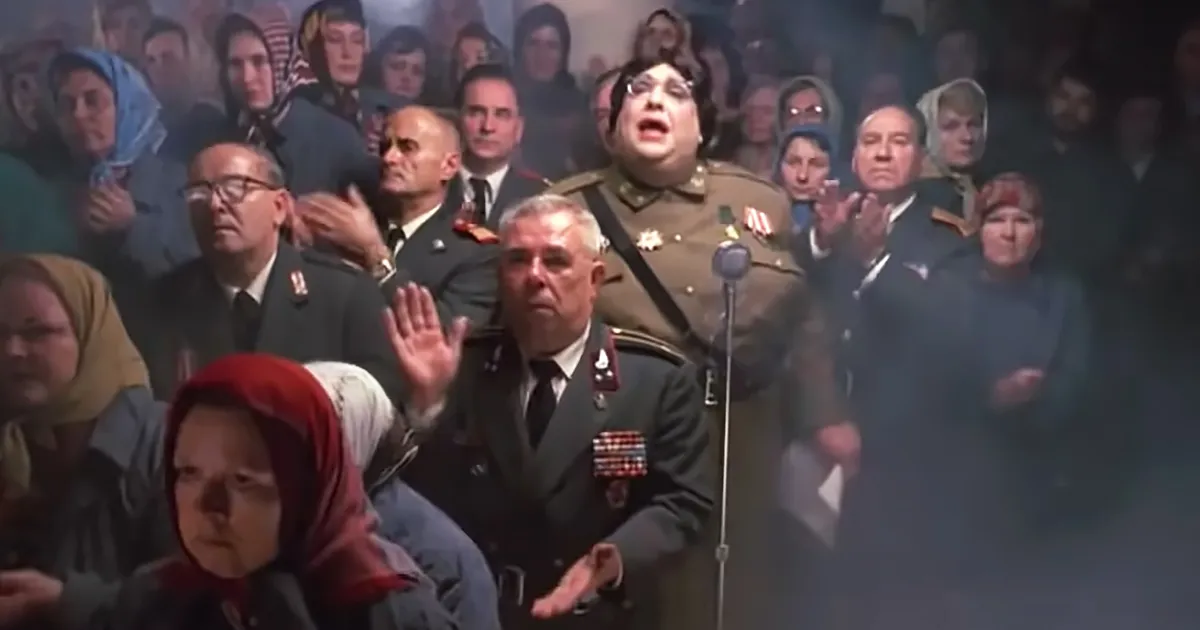
“The Enemies of Colonialism and Racism”: Intersectionality and Teaching Decolonization after 1965
Discussion of teaching decolonization intersectionally with a focus on Southern Africa
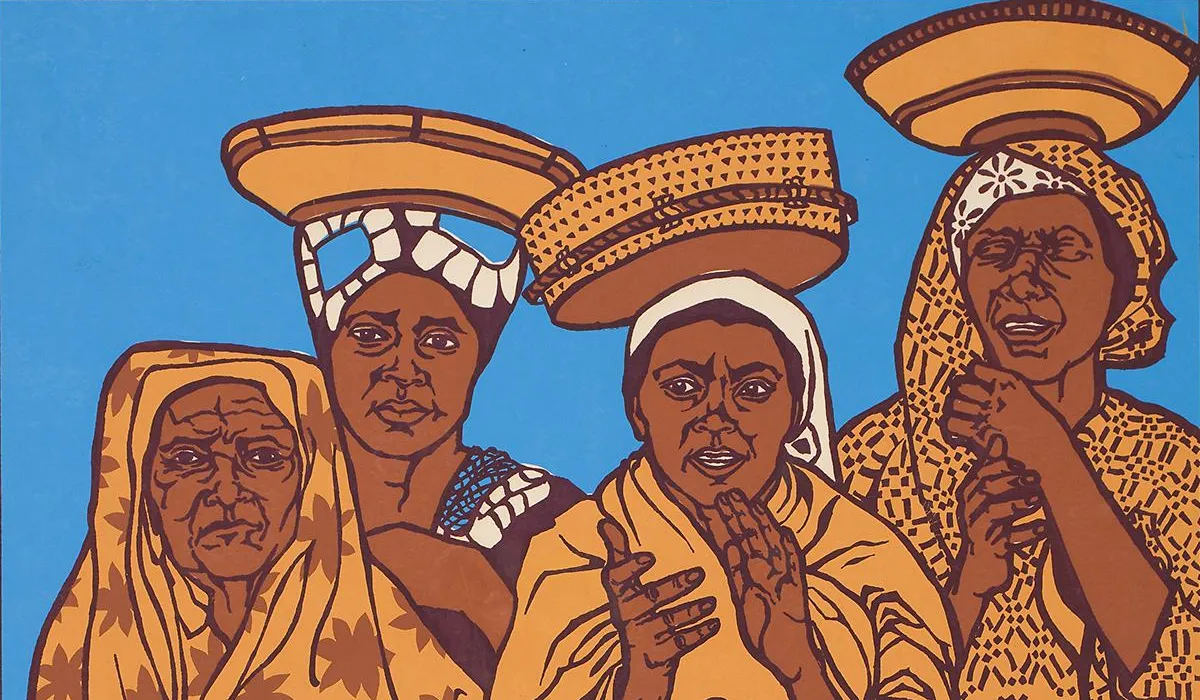
“Ardently Desire the End of Colonialism”: Teaching Decolonization from 1955 to 1965
Discussion of how to teach decolonization from 1955 to 1965
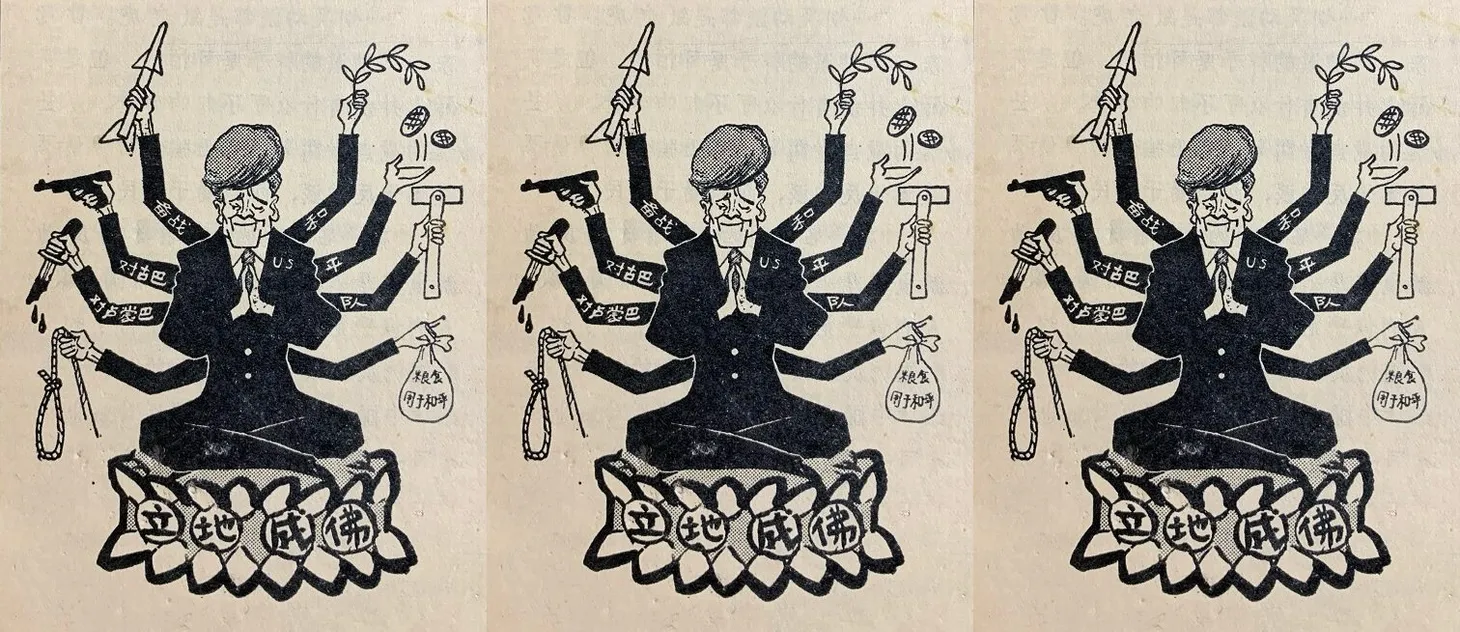
“We Will Fight in Every Way We Can”: Teaching Decolonization from 1945 to 1955
Discussion of how to teach decolonization from 1945 to 1955 using African and Asian primary sources
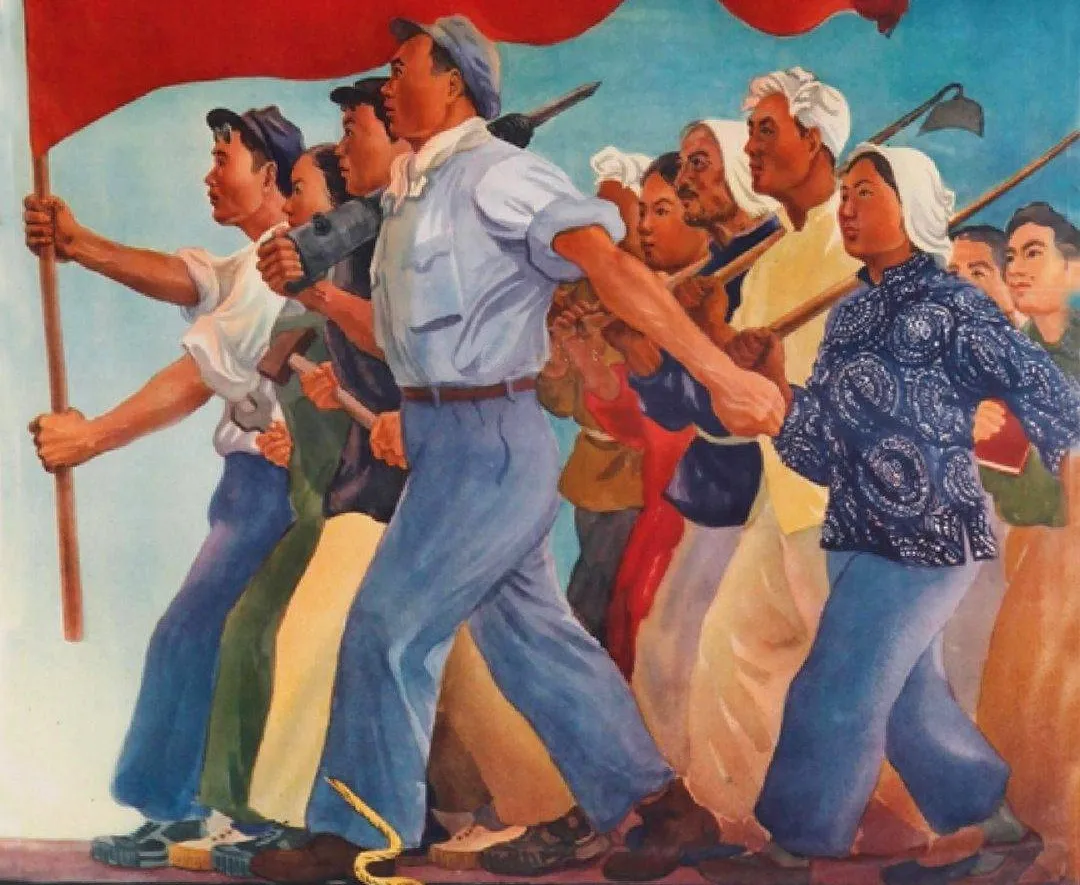
“To Fend for Existence in the Poorest Conditions”: Women and Decolonization in 1963
A discussion of how we can use a speech from 1963 to discuss decolonization, gender roles, feminism, and the Cold War.

“Militant Unity and Solidarity”: Cuba, North Korea, and the Cold War
Discussion of the Cuban-North Korean relationship in the 1970s as a way to analyze the Cold War from a global perspective.
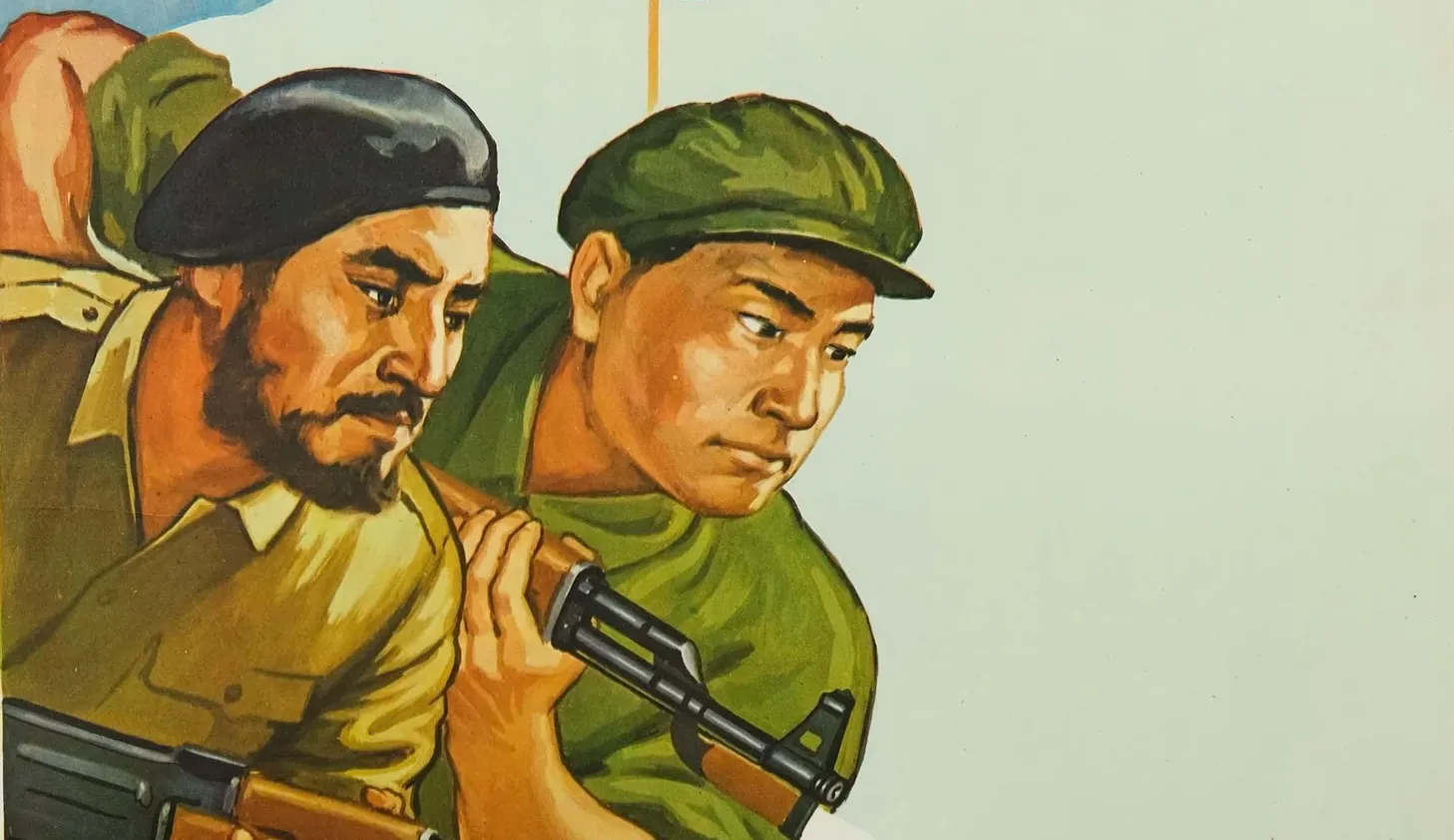
“Korea, like Cuba”: The Cold War Beyond the United States and the Soviet Union
Discussion of the Cuban-North Korean relationship in the 1960s as a way to analyze the Cold War from a global perspective.
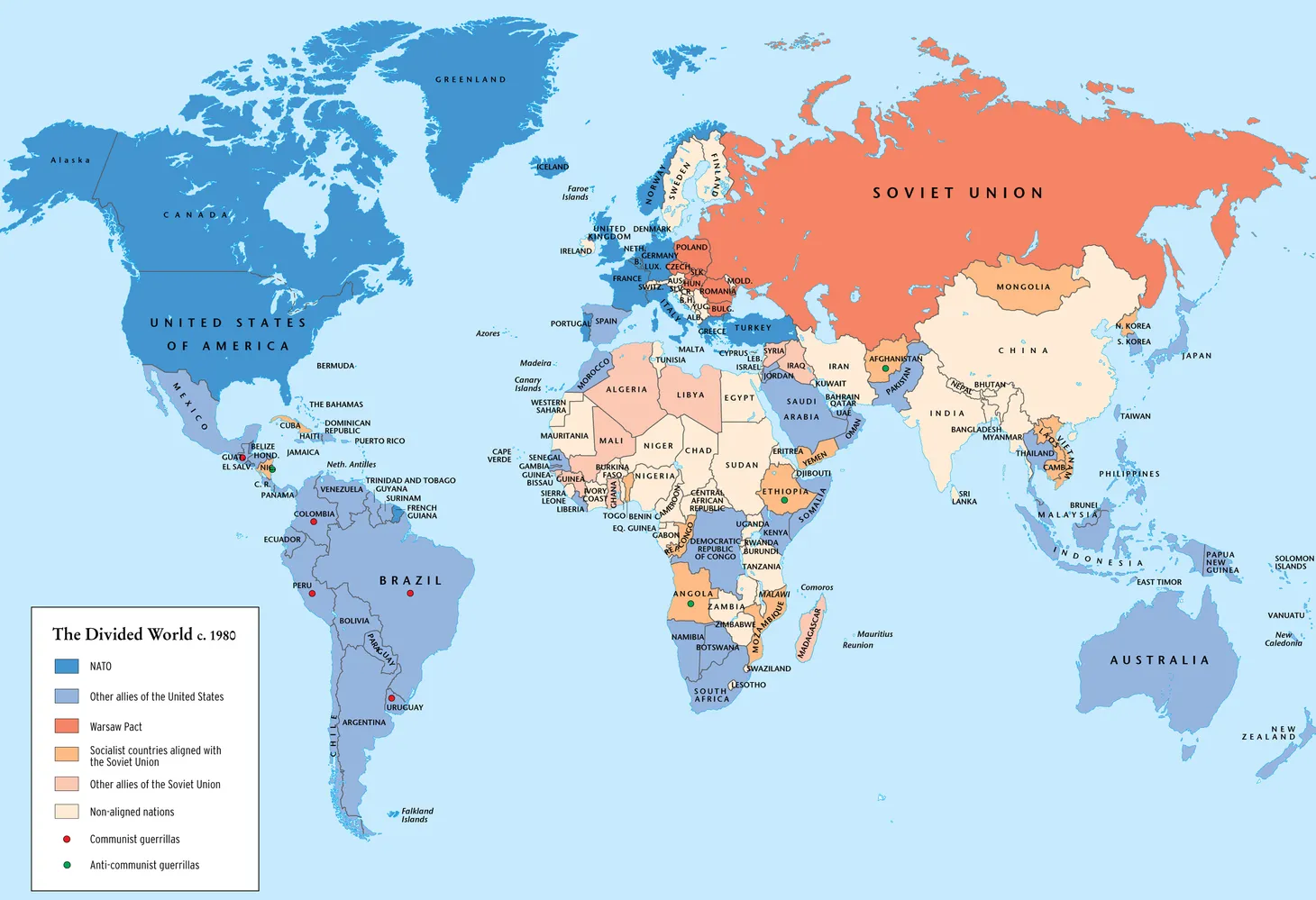
“Maintain Friendly Relations with All Countries”: Competing Global Visions from 1945 to 1975
A discussion of how to teach the Cold War as a global event with multiple visions for the world.
